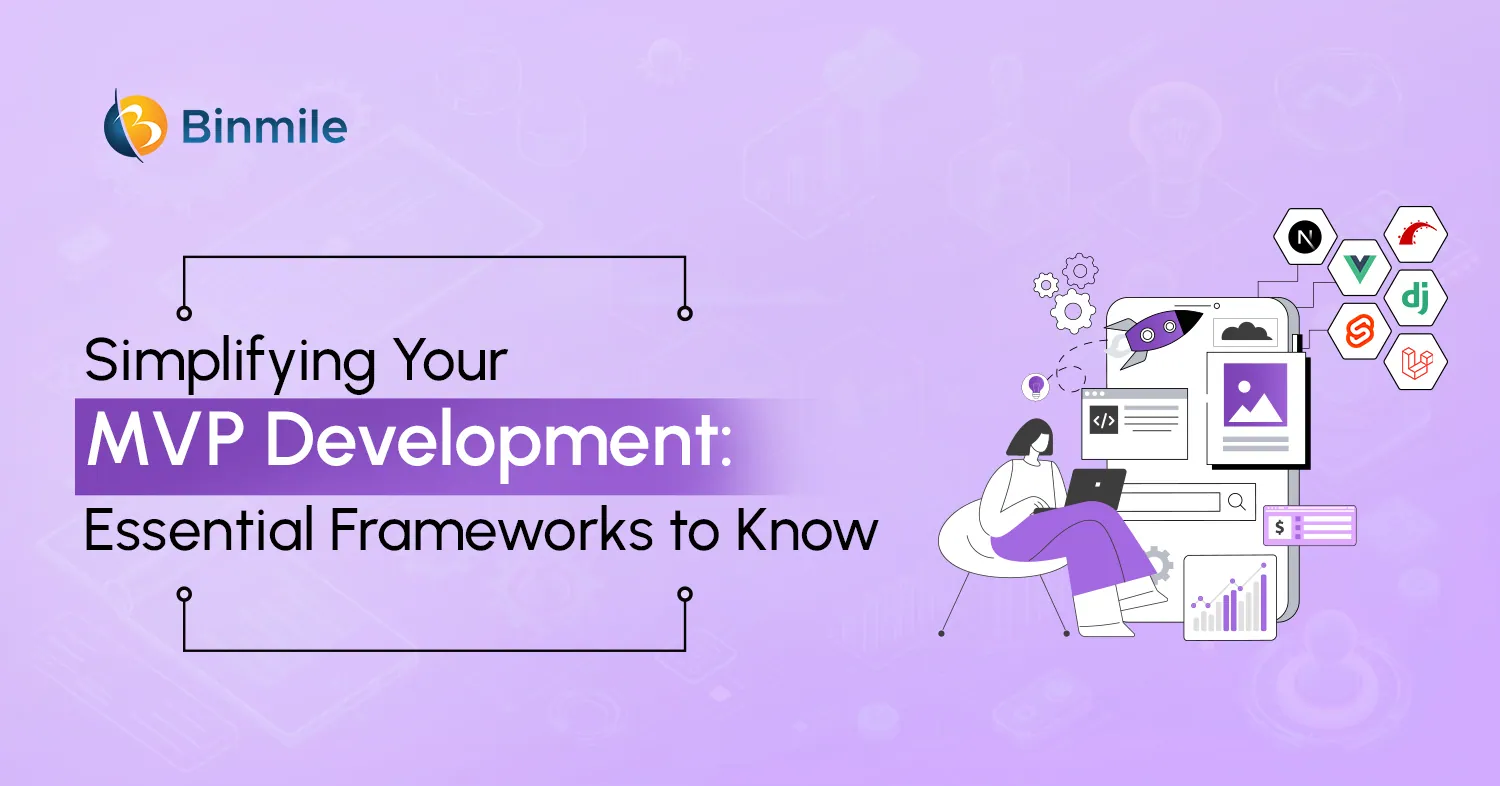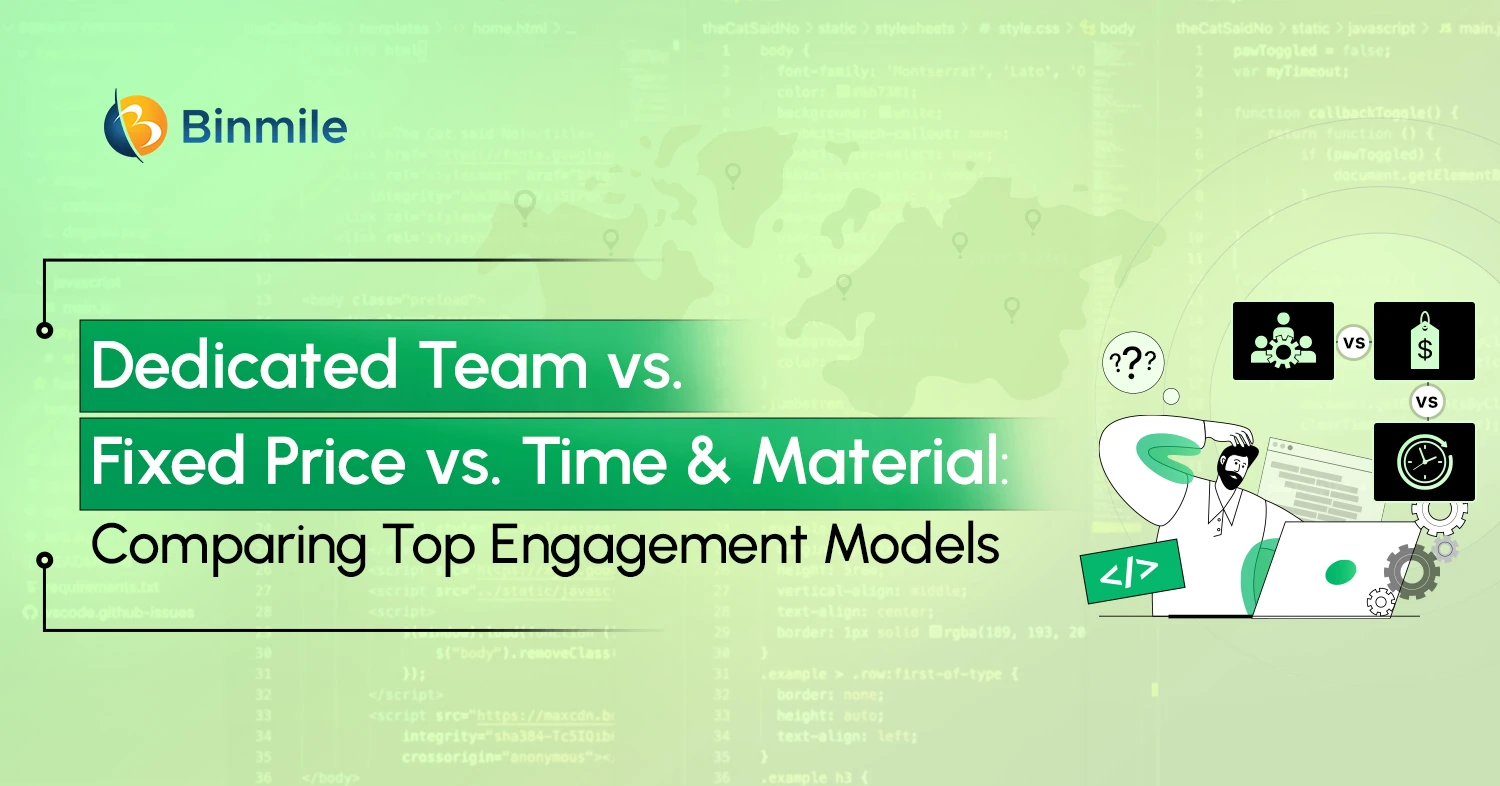Companies using Cloud-adoption strategy drives business transformation, in terms of agility, efficiency and innovation. It explains why enterprise organizations and SMB companies are leveraging Cloud for their ERP (enterprise resource planning) applications. The relevancy of Cloud ERP approach for finance and operations can’t be denied. It is considered an intelligent business strategy that if implemented can result in sizeable growth and benefits, such as –
- Reduced finance close times
- Detailed insights from AI and ML
- Rapid deployments. Trouble-free updates and maintenance
- Reduced TCO (total cost of ownership)
ERP Cloud Migration Growth Statistics
The Cloud ERP market globally is anticipated to rise from $64.7 billion in 2022 to $130.0 billion by 2027, thereby explaining the growth trajectory at a CAGR (compound annual growth rate) of 15% as of the forecast period.

What is the Meaning Of Cloud ERP?
Cloud ERP is basically a SaaS ERP business model to be availed by users on a monthly or yearly subscription basis. Accessible over the Internet, Cloud-based ERP is used to improve business processes efficiently. It drives cost-effective results in IT and operations, and takes advantage of data storage. Companies use it as a reliable security measure to secure sensitive business data.
Why Do Companies Need Cloud ERP Migrations?
Business architectures can’t survive long if they are not designed keeping in mind uncertainty and continuous changes taking place in technological innovation and customers’ expectations. Cloud migration is an efficient alternative to running your business without having to pay for timely upgrades and maintenance of the software. These things (e.g. upgrade & maintenance) are taken care of by your vendor so that you can seamlessly utilize your Cloud-hosted ERP and improve your business functions. In fact, adopting Cloud ERP is a new way of business continuity in an age of extremely competitive and volatile business markets.
Cloud ERP vs. Traditional On-Premises ERP: Differences Explained
ERP deployed on-premises servers require installation on your organization’s hardware and servers through a series of steps. Later, you need to manage the same by deploying your IT staff. On the other hand, Cloud ERP is a SaaS-based, on-demand business model developed through Cloud computing technology. It is accessible from anywhere, anytime, through devices, like PCs, tablets, smartphones, etc.
Deploying ERP on-premise servers is quite a lengthy and complex implementation process. That’s because users have to go through a series of steps before using the software. In Cloud ERP, your company’s software and related data are centrally managed in the internet “Cloud” by the vendor you choose. The Cloud-hosted solutions are accessible through a web browser.
| ON-PREMISE ERP | Cloud ERP | |
| Cost | A higher upfront cost that gets lower over time. | Low upfront cost with predictable cost over time. |
| Security | Users are responsible for data security. | The vendor is responsible for data security. |
| Customization | Customizable | Customizable |
| Implementation | It takes longer to implement due to a series of steps and various customizations. | Quick implementation. |
| Scalability & Flexibility | Due to physical servers, scalability is hard. | Easy flexibility, as and when needed. |
Cloud ERP vs. On-Premise ERP: Is One Set to Replace the Other?
Though there is no straightforward answer to the question, the truth is an enterprise resource planning software deployed on-premises can cost you a great chunk of resource waste. Besides, you will have to spend large amounts of money on its maintenance. Besides, companies who run their core business processes using legacy systems become vulnerable to cybersecurity threats. Such threats pose a potential danger not only to the software running on security-vulnerable systems but also to the business lifespan.
On the other hand, using Cloud ERP is far safer and more reliable from lingering cybersecurity threats. It helps you reduce costs on regular software upgrades & maintenance, and security. Everything is controlled and taken care of by your Cloud service provider. Moreover, companies can’t afford to lose their relevancy and competitiveness by relying on aging IT systems not compatible with today’s modern tools and technologies that their competitors use to thrive in their business.
A careful analysis of the pros and cons of Cloud ERP Vs. on-premise ERP would help you know why ERP Cloud migration would be in the interest of your business. However, you need to decide the type of Cloud migration model you choose, the vendor’s reputation for providing unbreachable security to the sensitive data of your business.
Type of Cloud ERP Solutions For Your Business
Moving to Cloud ERP could be an indication of how you plan to take advantage of Cloud solutions for your business. However, the benefits you gain out of ERP Cloud migration largely depend on the type of Cloud ERP you choose. Lets dive into each type of Cloud ERP and its viability for your business needs
1. Single-Tenant SaaS:
It’s a single-user-based dedicated Cloud software resource. It features easy control, flexibility, reliability, and security. This SaaS-based model can also be custom-tailored to meet your business needs. You can even alter the UI (user interface) of the software after installation.
This model offers benefits, ranging from easily installing updates to getting discrete backups for data. However, its upfront cost is higher and can be hard to use up all its resources unless the user is an expert to optimize the system.

2. Multi-Tenant SaaS
It’s a multi-user-based dedicated Cloud software (or a single instance of a product). The vendor handles managing the software and hardware on the users’ behalf. Therefore, it reduces production and distribution costs while ensuring higher profits. Though multiple users utilize a single instance of a product, they can’t sneak into their neighbor’s confidential data. In multi-tenant SaaS, users have to pay for subscriptions to utilize the service based on their business needs. Deployment within this software architecture is based on two types.
In the first type, the deployment involves using one database instance and one application. The other one involves a single application and multiple database deployment methods. Benefits of this model include automatic upgrade and maintenance of the software on the vendor’s end without disrupting customers’ work. An abrupt outage or disconnection because of human error or natural disaster, and a lack of uniform security measures are certain challenges in this model of Cloud ERP.
3. Public Cloud ERP
Public-hosted Cloud ERP provides shared resources, like applications, servers, and storage solutions for the general public. Some great examples of this model include – Microsoft Azure, Amazon Web Services, and Google Cloud Platform.
From easy deployment to supporting scalability, public-hosted Cloud ERP is a cost-effective model. It allows you to use the portion of service you can afford, customize the software for your needs, and experience lower downtime or system failure. Challenges in this model are: lack of rapid rate of change in the Cloud infrastructure, improper utilization due to Cloud regulatory compliances, and uncertainty of data security.
4. Hybrid ERP
A hybrid ERS is basically an infrastructure of a two-tier ERP system that features both on-premise and Cloud characteristics. It allows users to use some Cloud applications and existing on-premise ERP to handle various business functions and boost business productivity and visibility. It is an ideal recommendation for businesses that want to use both on-premise and Cloud ERP at once. However, this model lacks most of the built-in integration capabilities, which essentially complexifies synchronization and consolidation of financial data.
5. Private Cloud ERP
It is a single-user and web-based computing environment featuring dedicated resources, scalability, zero recurring charges, and manageable upgrades, as well as easy customization. A user doesn’t have to opt for costly servers. It can be tailored based on users’ requirements. Access to the service is easy from anywhere. It may be susceptible to security threats, which makes it less reliable for buyers.
Based on the aforesaid ideas, we gather that each type of Cloud ERP has its unique benefits and implementation challenges. When it comes to choosing the right model for your business, don’t forget to consider factors, such as cost, control, security, and management needs.
Benefits of Cloud Enterprise Resource Planning Software

1. Improved Business Intelligence
Using Cloud ERP software is useful as it gives you effective analytics. You can use the feature to make an intelligent business decision based on reporting methods and data collection it facilitates.
2. Unstoppable Innovation
Companies opt for Cloud ERP migration to transform their outdated business models and processes. The Cloud-hosted ERP solutions also allow businesses to improve and speed up finance and accounting practices as well as operations across the organization.
3. Reduced Costs
Like typical Cloud adoption, businesses adopting Cloud ERP do not have to bear costly software upgrades and maintenance. The vendor takes care of everything. Therefore, you save plenty on the Cloud adoption of your business. Moreover, it also allows you to use the portion of the Cloud service you want, not the mandatory whole one. In turn, you end up paying the bill against Cloud ERP that you have used. Besides, the model also helps you save costs regarding IT and emerging technologies, as well as reduce manual processes.
4. Easy Accessibility
The most prominent advantage of using Cloud ERP is that you access your business financial data from anywhere and anytime. This sort of universal acceptability of Cloud model helps you with effective collaborations and the benefits of managing remote working.
5. Robust Data Security
The benefit of choosing Cloud ERP for your business is also availing enhanced data security of sensitive financial information of your business. However, ensure that the Cloud solution you want to avail is hosted by a trusted and reputable vendor to remain assured of data security of your confidential business information from unauthorized access. This means protecting your business from expensive data loss.
6. Workflow And Automation
With the use of modern Cloud ERP, you can standardize and integrate all existing and new applications. You can consolidate legacy apps and rule out the necessity of using a disconnected system. Most importantly, businesses can also simplify their workflow and automate processes efficiently using Cloud ERP.
7. Real-Time Insights
Using modern Cloud ERP is a great way of getting real-time intelligent insights to make intelligent decisions. Today’s Cloud ERP systems come equipped with the capability of decoding hidden information within large and complex data sets. With reporting tools provided by the systems, you can predict changes, trends, and intelligently manage resource usage.
8. Free-Up Resource
One of the most intelligent benefits of moving to Cloud ERP is to avoid cumbersome on-premise management that takes up much of the time of your IT personnel. This, in turn, reduces their time for other strategically important planning and governance. As major responsibilities fall on your vendor, in terms of doing timely upgrades and maintenance, your internal IT team gets relieved of time-taking tasks, such as hardware maintenance, product support, and upgrades. Consequently, it helps the team concentrate more on performing higher-value tasks.
Conclusion
Cloud ERP migration is considered an intelligent business decision for companies. It benefits a business, in terms of reduced costs in its internal processes, data security of confidential financial information, least downtime, etc.
It relieves your internal IT team so that strategically important tasks can be managed. Conclusively, migrating to Cloud ERP could end up an intelligent business decision or a key catalyst to improved business efficiency for your business. If you are looking for a futuristic Cloud-based software solution, schedule a call with experts at Binmile.
As a leading software development company in the world leveraging Cloud and cutting-edge technologies, we can help you with the most innovative ERP software. Our futuristic software solutions can help you streamline your internal business processes efficiently and stay relevant in the competition.









